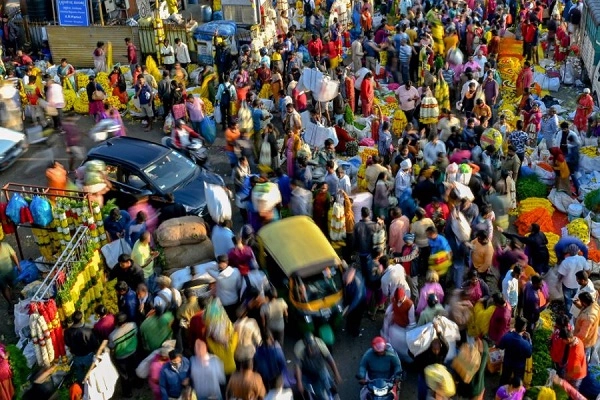Farooq Abdullah, a prominent political leader and former Chief Minister of Jammu and Kashmir, has articulated a crucial perspective on the ongoing militancy in the region, suggesting that these issues are intricately linked to the broader relationship between India and Pakistan. He argues that the persistent unrest and violence in Jammu and Kashmir will likely continue as long as the diplomatic relations between these two nations remain strained. Abdullah emphasizes the need for dialogue and cooperation between India and Pakistan as a fundamental step toward achieving lasting peace in the region.
The historical context of the conflict between India and Pakistan underscores the complexities of the situation in Jammu and Kashmir. Since the partition of India in 1947, the territorial disputes and the differing national narratives have fueled hostility and conflict, thus impacting the daily lives of those living in Jammu and Kashmir. Abdullah’s assertion resonates with many who believe that without addressing the root causes of the tensions between these two countries, efforts to curb militancy and foster stability in the region will be in vain.
Moreover, Abdullah’s statements reflect a broader sentiment among various stakeholders in Jammu and Kashmir, who seek a peaceful resolution to the conflict. He advocates for a political approach that prioritizes dialogue over military action, suggesting that the voices of the local population must be heard in any efforts to resolve the ongoing issues. By promoting peace initiatives and enhancing communication channels between India and Pakistan, Abdullah believes that the cycle of violence can be broken, leading to a more stable and prosperous Jammu and Kashmir.
In conclusion, Farooq Abdullah’s remarks highlight the necessity of improving India-Pakistan relations as a pivotal element in addressing the militancy that has plagued Jammu and Kashmir. As the region continues to grapple with the consequences of historical grievances and ongoing conflict, fostering diplomatic ties could pave the way for a more peaceful future. The path to tranquility lies not only in addressing the symptoms of unrest but also in tackling the underlying issues through meaningful dialogue and mutual understanding.




